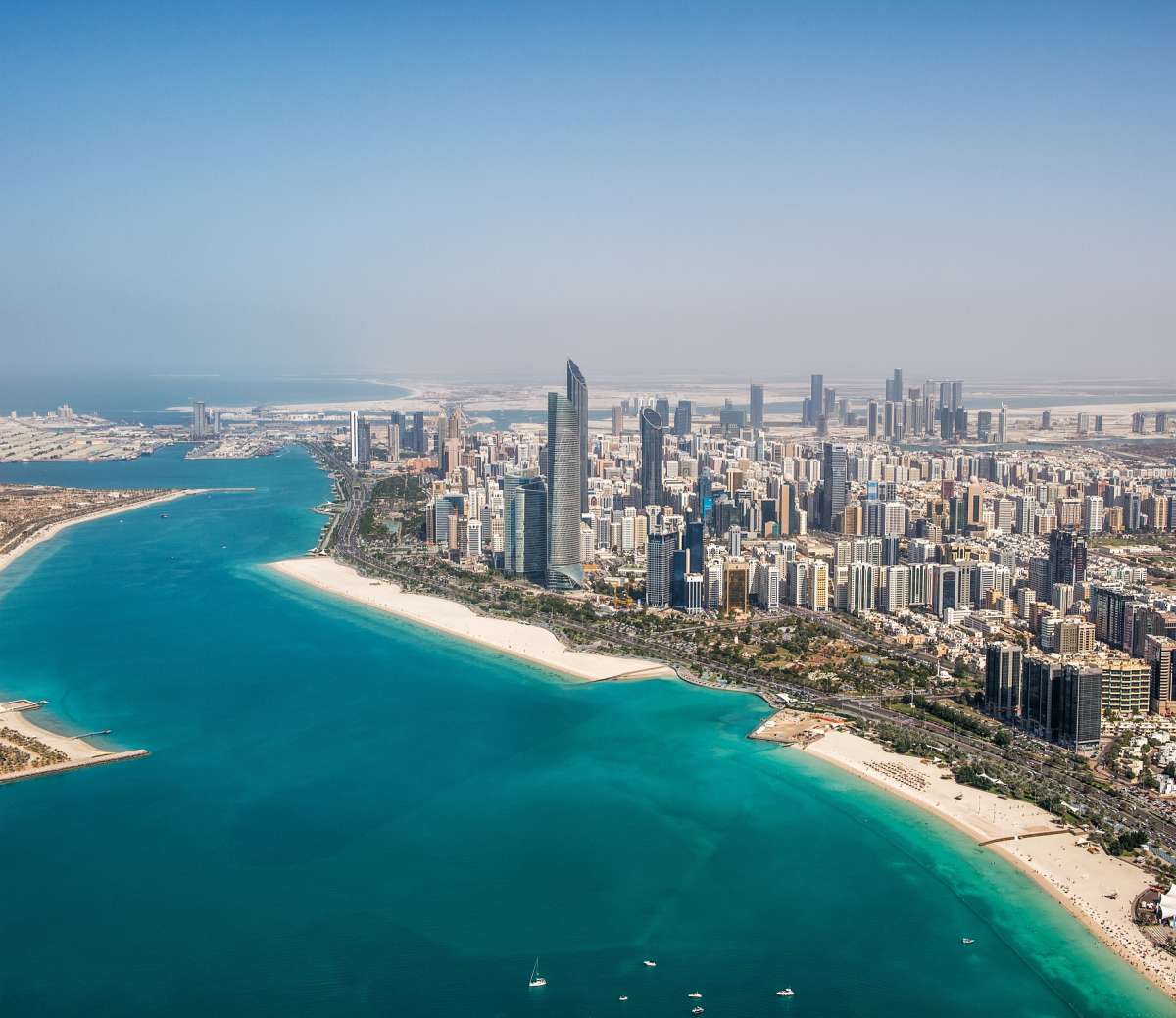They include local supply strategies, transparency in climate data, corporate tax, public-private partnership and an e-billing system…reports Asian Lite News
The UAE’s real GDP growth accelerated during 2022 due to a robust recovery in non-oil GDP and a sizable expansion of oil GDP, according to the Financial Stability Report for 2022 released today by the Central Bank of the UAE (CBUAE).
The report noted that this comes at a time when the global economy experienced a slowdown in 2022, with external risks remaining elevated in an environment characterised by higher inflation, tightening financial conditions and continued geopolitical tensions.
The UAE, the report said, was one of the fastest-growing economies in 2022, boosted by the removal of most COVID-19-related restrictions, a recovery in global travel and the tourism, real estate and construction and manufacturing sectors, as well as increased activity associated with global events such as the Dubai EXPO and FIFA World Cup in Qatar.
“The UAE real GDP increased by 7.9 per cent in 2022, compared to 4.4 per cent in 2021. This growth is the result of a 7.2 per cent increase in non-oil sector GDP and a 9.5 per cent expansion in oil-sector GDP,” the report added.
The five “transformational” projects announced by the UAE Ministry of Finance will enhance the country’s economic environment and boost investments in the Emirates, executives have said.
The projects, announced on Tuesday, are aimed at improving government financial work to ensure future readiness, the ministry said.
They include local supply strategies, transparency in climate data, corporate tax, public-private partnership and an e-billing system.
“Each of these initiatives showcases the government’s commitment to innovation, sustainability and economic diversification,” said Damian Hitchen, chief executive of Saxo Bank Mena.
The projects align with the UAE’s long-term vision and digital government strategy, promoting future readiness and ensuring the country’s sustained growth and development, added Vijay Valecha, chief investment officer at Century Financial.
“They are holistic initiatives meant to safeguard the country’s national interest and adopt progressive changes to meet sustainability goals and build a business-friendly ecosystem,” he said.
As part of one of the projects, the ministry is planning to add new categories of suppliers for the federal government.
The move is hoped to ensure higher adoption of the National In-Country Value Programme’s standards, the ministry said.
The National ICV Programme, launched in 2021, redirects spending into the UAE economy. Last year, the programme redirected Dh53 billion ($14.4 billion) into the economy – a 25 per cent annual increase.
“The focus on developing a local supply strategy for the federal government is a strategic move that will not only support national economic growth but also foster a diverse supplier base,” Mr Hitchen said.
“By incorporating this strategy, the UAE is promoting the competitiveness of its products in regional and international markets while stimulating the economy.”
Meanwhile, another project will see the ministry submit data related to state-level government expenditure on the climate and environment to the International Monetary Fund.
The data will also be published on the Climate Change Indicators Dashboard, which measures the impact of national climate policies and spending on macroeconomic sustainability and transparency.
“The emphasis on transparency in climate and environment spending data is commendable. Through this initiative, the UAE is setting an example of accountability and sustainability,” said Mr Hitchen.
It will enable stakeholders to assess the impact of government policies on climate change and make informed decisions regarding environmental issues, he added.
ALSO READ-Stagnant UK economy lagging behind EU

